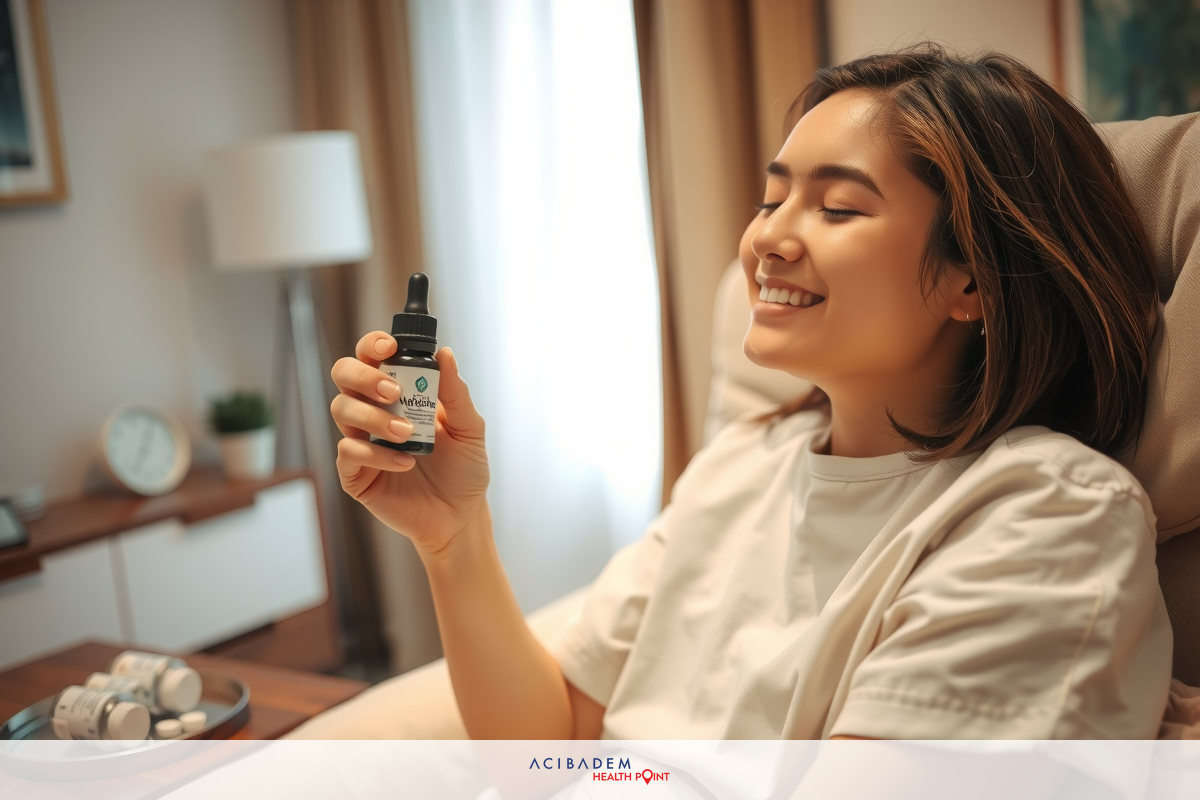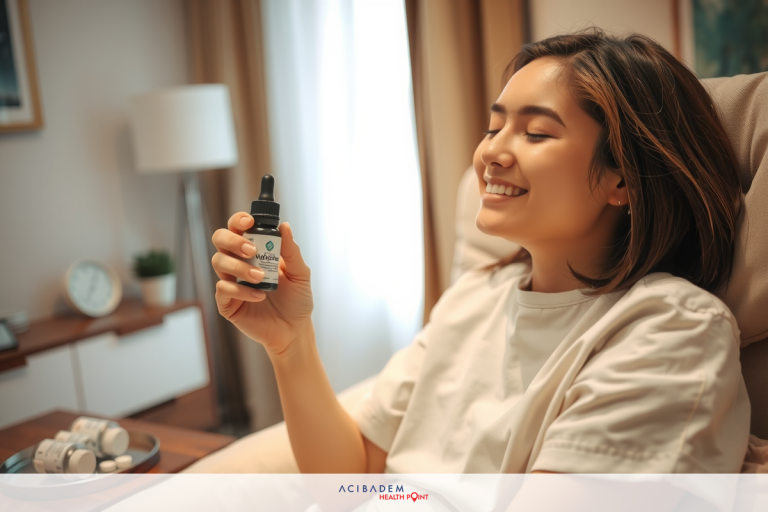How Many Eye Drops After LASIK?
How Many Eye Drops After LASIK? Diving into the world of post-operative care after a LASIK surgery, we find an array of practices that ensure quick and smooth recovery. One such practice, often overlooked but paramount in importance, is the application of eye drops. The role they play in healing and comfort cannot be understated.
A sea change occurs when you start using these prescribed medications. They serve multiple purposes, from keeping your eyes lubricated to preventing infections and inflammation. But how many should one use? When should one use them? These questions might seem simple on the surface but are critical for achieving optimal results after undergoing LASIK.
Understanding the frequency, duration, and correct methods of applying these eye drops can significantly impact your post-LASIK journey towards improved vision. So let’s dive deeper without any further delay!
Types of Eye Drops
The use of eye drops after LASIK surgery is a crucial part of the post-operative care regimen. The specific types prescribed vary depending on individual recovery patterns, but there are several common ones that most patients will encounter. Let’s take a closer look at these.
Artificial tears or lubricating eye drops are often recommended to alleviate dryness and irritation which may occur as your eyes adjust post-surgery. These drops ensure that your eyes maintain an optimal level of moisture, promoting healing while keeping them comfortable throughout the day. They also help in flushing out any foreign particles that might have entered your eyes, reducing the risk of complications.
Antibiotic eye drops play an essential role in preventing infections during the recovery period after LASIK surgery. Administering these antibiotics helps protect your vulnerable eyes from harmful bacteria, ensuring a smooth and complication-free healing process. It’s important to note that even if you feel better quickly after surgery, it doesn’t mean you should stop using these medications prematurely.
Steroid-based anti-inflammatory eye drops make up another key category used for post-LASIK relief. Inflammation can be quite common following such procedures; hence these medicines work wonders by controlling inflammation and reducing redness or swelling around your surgical area.
Understanding what each type of drop does can aid in managing expectations during recovery periods post LASIK surgeries, whether they’re meant for combating dryness (artificial tears), warding off potential infections (antibiotics), or minimizing inflammation symptoms (steroids). Always remember to adhere strictly to instructions given by healthcare professionals regarding their usage!
Frequency and Duration
Post-operative care after LASIK involves a well-structured regimen of eye drops that varies in frequency and duration depending on the type of drop and individual recovery rates. This section aims to shed light on this crucial aspect, helping patients optimize their healing process.
Artificial tears or lubricating eye drops are typically used several times a day immediately following surgery, anticipating dry eyes, which is a common side effect post-LASIK. It’s essential to remember that there is no one-size-fits-all approach here; some may require more frequent use while others less so. It all depends on the level of discomfort experienced, which can vary widely among individuals. Furthermore, as your eyes heal and adjust over time, you’ll find the need for artificial tears gradually reducing.
Antibiotic eye drops have a different schedule than artificial tears. Typically, they are prescribed for use four times

daily during the first week post-surgery, with morning, afternoon, evening, and bedtime as typical administration times. Consistent adherence helps prevent infections effectively.
Anti-inflammatory (steroid) eye drops also follow a similar usage pattern as antibiotic ones with slight variations based on specific brands or types recommended by your surgeon. Generally speaking though they’re applied about four times per day for approximately one week following LASIK operation before tapering down over subsequent weeks under medical supervision.
In conclusion understanding how often each type should be administered along with their respective durations not only aids in proper recovery but also instills confidence knowing you’re doing everything possible towards achieving optimal results post-LASIK! Individual needs differ, so consult healthcare professionals if unsure about any aspect related medication schedules.
Tips for Proper Application
Applying eye drops correctly after a LASIK procedure is just as vital as the frequency and duration of their use. The effectiveness of the medication largely depends on its proper administration, which can also minimize discomfort during recovery. Let’s explore some invaluable tips to ensure you’re applying your post operative eye drops effectively.
- Ensure Clean Hands: Before touching your eyes or handling the drops, it’s essential to wash your hands thoroughly with soap and water to prevent any potential infection.
- Avoid Contact with Dropper Tip: Be careful not to let the dropper touch any surface including your eyes or fingers. This helps keep it sterile and free from contamination.
- Tilt Your Head Back: When ready to apply, tilt your head back slightly. This makes it easier for the drop to land in your eye without missing or causing discomfort.
- Pull Down Lower Eyelid: Use one hand to gently pull down your lower eyelid creating a ‘pocket’ where you’ll place the drop with other hand.
- Squeeze Bottle Gently: Hold bottle above ‘pocket’ created previously then squeeze gently allowing a single drop fall into space avoiding any wastage excess application.
- Close Eye Slowly: Close eyes slowly so that drug doesn’t immediately flow out ensuring maximum absorption within ocular tissues desired therapeutic effect achieved!
- Press Tear Ducts Lightly: After closing eyes press inner corner (tear duct area) lightly about 1-2 minutes prevents draining away too quickly thereby increasing residence time hence enhancing overall efficacy treatment protocol!
8: Wait Between Different Drops: If prescribed multiple types wait at least 5-10 minutes between each type allow first fully absorb before introducing next thus avoiding dilution interaction issues could potentially compromise their individual effectiveness.
These steps are not merely suggestions but rather an integral part of correct medication administration post LASIK! Proper application not only guarantees effective recovery but also ensures you derive maximum benefit from each drop used, promoting a smoother and quicker healing process.
Frequently Asked Questions
Can I use my regular over-the-counter eye drops after LASIK?
It's not recommended to use your usual OTC eye drops without consulting your surgeon. Post-LASIK, your eyes are more sensitive and require specific types of medication for proper healing.
How soon can I start using eye makeup after LASIK surgery?
Most surgeons advise waiting at least a week before you start using any form of eye makeup post-LASIK. This is primarily to prevent any foreign substances from entering the eyes and causing infections during this critical recovery period.
What happens if I miss a dose of my prescribed eye drops?
If you've missed a dose, it's generally advised to take it as soon as you remember. If it's close to the time for the next dose, skip the missed one and continue with your regular schedule. Never double up on doses!
Is there an alternative way to administer my eye drops if I find direct application uncomfortable or difficult?
Yes! Some people prefer applying their drop in the inner corner of their closed eyelid (near the nose). When they then open their eyes, some of the drop rolls into their eyeball smoothly without causing discomfort.








